The Center for Jewish Studies is a premier center for scholarship, education, and dialogue about Jewish history and culture. With 19 faculty members, the center is an intellectual hub for scholars from diverse fields. Home to an undergraduate program in Jewish studies, the center sponsors classes and conferences, supports emerging scholars, partners with the community on cultural activities, and brings to the community outstanding scholarship in the field of Jewish Studies.
Visit our website for more about our programs and for bios of our distinguished faculty: jwst.umn.edu
To receive announcements of programs and events on campus and in the community, please write to jwst@umn.edu to join our email list. facebook.com/JWSTumn
SUPPORT JEWISH STUDIES AT THE UNIVERSITY OF MINNESOTA
The Center for Jewish Studies has been able to grow through generous gifts from community members who recognize the importance of Jewish scholarly inquiry and dialogue. Your contribution will help provide scholarships to Jewish studies students, support our lecture series and academic programs, help bring distinguished scholars to the University of Minnesota campus and the community, and ensure the continued growth of the CJS. Please show your support by making a gift to the center today.
Gifts by mail may be sent to (make out checks to U of M Foundation with “Center for Jewish Studies” on the subject line): Center for Jewish Studies University of Minnesota Foundation PO Box 860266 Minneapolis, MN 55486-0266
To find out more about how you can support Jewish Studies at the University of Minnesota, contact Peter Rozga in the CLA Office of Institutional Advancement, rozga001@umn.edu or the CJS office, jwst@umn.edu, or 612-624-4914. Thank you for your vital support.
©2025 Regents of the University of Minnesota
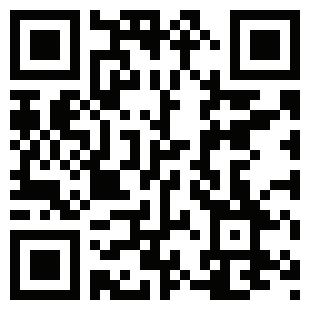
To gift online please visit: jwst.umn.edu/gift
The University of Minnesota is an equal opportunity educator and employer.
COMMUNITY LECTURE SERIES 2025-2026
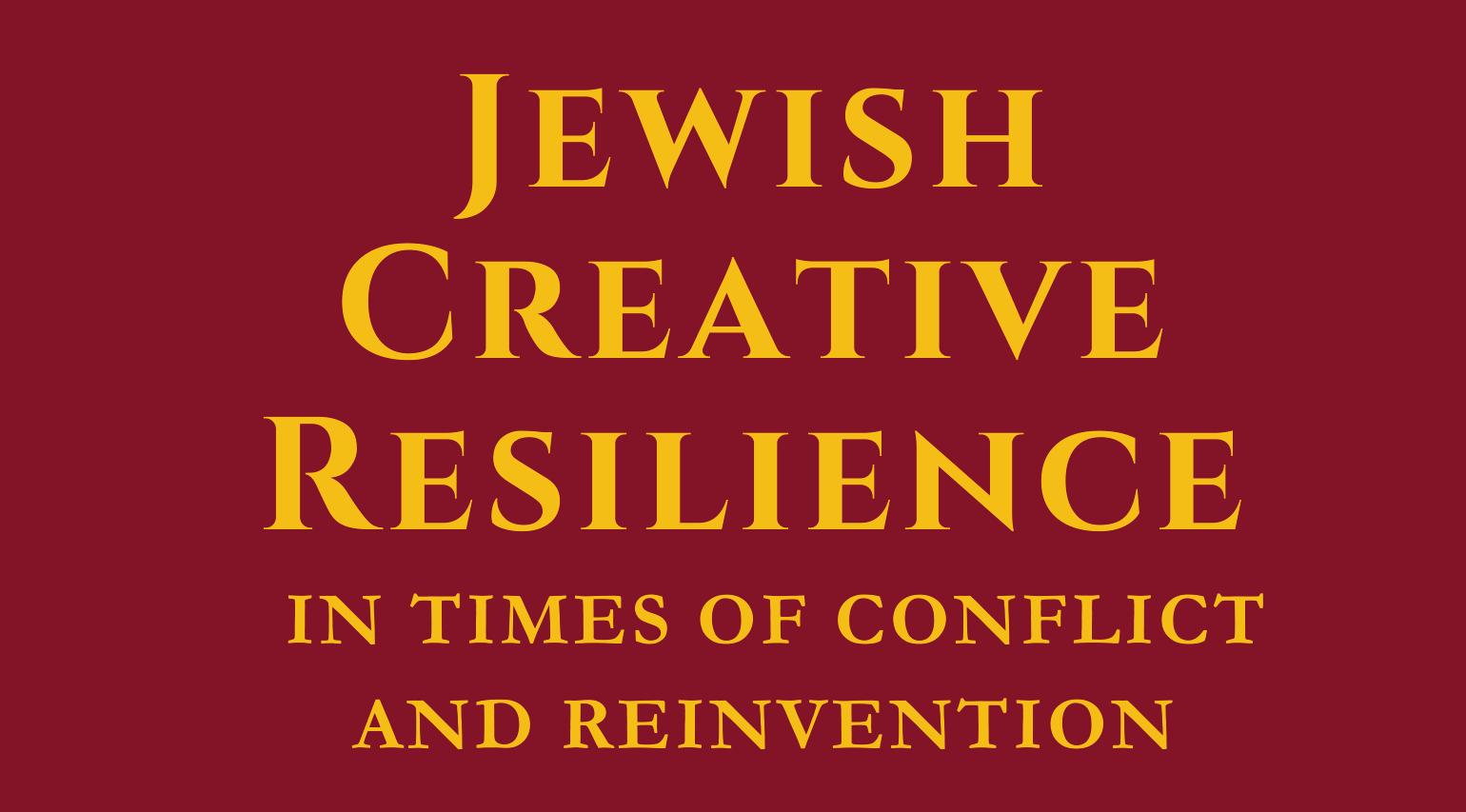
Jewish beliefs, practices, and self-representations have never been static, always evolving and changing in response to moments of crisis, conflict, and communal needs. Jewish creativity– the ability to reinvent what it means to be Jewish using the inherited ingredients of text, tradition, language, and history–may be the secret sauce that has enabled Jews to survive for so long, both within a frequently embattled homeland and throughout the millennia of Diaspora. In what feels like another moment of crisis, conflict, and contested reinventions, come learn about this history–and perhaps find hope and inspiration from it. This lecture series aims to explore that secret sauce.
The University of Minnesota Center for Jewish Studies is pleased to present its 23rd Annual Community Lecture Series, hosted by Minnesota JCC, in cooperation with Adath Jeshurun Congregation, Bet Shalom Congregation, Beth El Synagogue, Beth Jacob Congregation, Congregation Darchei Noam, the Encountering Judaism Initiative at the University of St. Thomas, Mayim Rabim Congregation, Mount Zion Temple, Or Emet: Minnesota Congregation for Humanistic Judaism, Shir Tikvah, Temple of Aaron, and Temple Israel. Join us as writers and scholars from varied fields address intriguing questions relevant to the Jewish experience today.
Dr. Natan Paradise, Director
Dr. Renana Schneller, Director of Hebrew Language Instruction Marial Coulter, M.Ed., Outreach Coordinator • jwst@umnedu
Faculty:
Patricia Ahearne-Kroll
Stephen Ahearne-Kroll
Shir Alon
Natalie Belsky
Bruno Chaouat
Michael Cherlin, emeritus
Gary B. Cohen emeritus
Kate Dietrich affiliate
Sheer Ganor
Michelle Hamilton
Amy Kaminsky, emerita
Ronald R. Krebs
Hanne Løland Levinson
Bernard M. Levinson
Alex Lubet
Hernán Matzkevich
Leslie Morris
Rick McCormick, emeritus
Karen Painter
Jonathan Paradise, emeritus Natan Paradise
Riv-Ellen Prell, emerita
Andrew Scheil
Renana Schneller
Daniel Schroeter, emeritus
Melissa Harl Sellew, emerita
Rotem Tamir
Rachel Trocchio
Meyer Weinshel, visiting
Events are free and open to the public.
Please plan to arrive 20 minutes early to allow time to go through security.
For the benefit of those who cannot attend, each lecture is recorded.
Please allow two weeks for the most recent lecture to be uploaded. Videos may be viewed at:
youtube.com/user/JWSTumn/ videos
This Lecture Series is part of the Center’s investment in the community, creating a bridge between the University and community members who share an interest in the field of Jewish Studies. We hope you will attend our lectures in person when possible and continue to watch online whenever you like. We invite you to share the link to these lectures with others you know who are also interested in Jewish Studies.
youtube.com/user/JWSTumn

This series is sponsored by the Marvin and Betty Borman Foundation
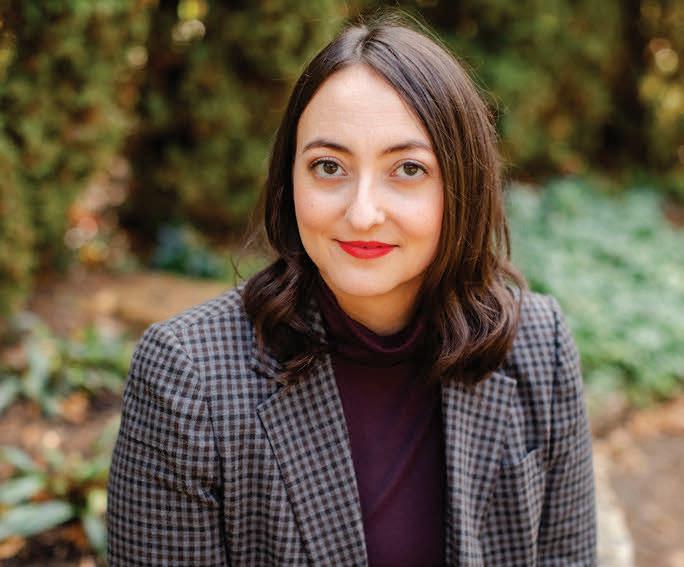
Table Fellowship as a Holy Altar: How Dinner Parties
Shaped Rabbinic Judaism
Krista Dalton, Kenyon College
Tuesday, November 4, 2025 • 7:30 pm
Minnesota JCC Capp Center 1375 St. Paul Ave., St. Paul
People often take the existence of rabbis and their authority as a given, but that role and institution also needed to be invented--and some of the forces that shaped it may surprise you. This lecture explores how the practice of eating together functioned as a critical social institution for the development of rabbinic culture. Elaborate dinner parties served as sites where rabbis cultivated relationships with wealthy patrons, solidifying their social standing and economic support. Wealthy patrons who hosted these gatherings not only provided material support for rabbinic institutions but also facilitated the rabbis’ growing influence within broader Jewish communities. The table thereby functioned as a space where rabbis could demonstrate their Torah expertise while simultaneously participating in the cultural practices of their Greco-Roman environment.
Krista Dalton is Associate Professor of Religious and Jewish Studies at Kenyon College in Gambier, Ohio.
Her first book, entitled How Rabbis Became Experts (Princeton University Press, 2025) analyzes the process by which the rabbis of late ancient Roman Palestine became seen as religious experts in Jewish communities. Her second and current book project, entitled The Rabbi: a Cultural History (Princeton University Press), offers a broad survey of the vocation of rabbis from antiquity to modernity.
Co-sponsors:
Center for Premodern Studies, Department of Anthropology, Department of Classical & Near Eastern Religions & Cultures, Department of History
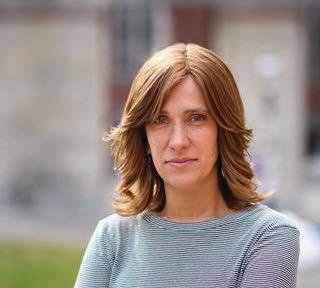
How the Ketubba Became Jewish
Eve Krakowski, Princeton University
Tuesday, December 9, 2025 • 7:30 pm
Minnesota JCC Capp Center
1375 St. Paul Ave., St. Paul
The ketubba, or Jewish marriage contract, is the bestrecognized and most widely-used kind of Jewish legal document. But it is also the sole surviving descendant of an ancient Aramaic contract-writing tradition that was once shared widely throughout much of the Near East, and not only among Jews. This talk will trace the surprisingly long and varied history of the ketubba’s evolution and eventual consolidation as an iconic rabbinic Jewish practice, from the ancient Near East until the tenth century CE - a history that illuminates how rabbinic Judaism itself transformed and spread in the wake of the Islamic conquests.
Eve Krakowski is an associate professor of Near Eastern Studies and Judaic Studies at Princeton University. She studies the social history of the medieval Middle East, mainly through everyday documents preserved in the Cairo Geniza. Her work to date has focused mainly on gender, kinship, and rabbinic law among Jews in Fatimid and Ayyubid
Egypt. Her first book, Coming of Age in Medieval Egypt: Women’s Adolescence, Jewish Law, and Ordinary Culture was published in 2018. She is now working on a second book tentatively titled Jewish Writing in the First Millennium which examines how and why new forms of Jewish documents developed and spread widely across the Islamic Mediterranean during the ninth and tenth centuries.
Co-sponsors: Center for Premodern Studies, Department of Anthropology, Department of Classical & Near Eastern Religions & Cultures, Department of History, Institute for Global Studies, Jay Phillips Center for Interreligious Studies at the University of St. Thomas
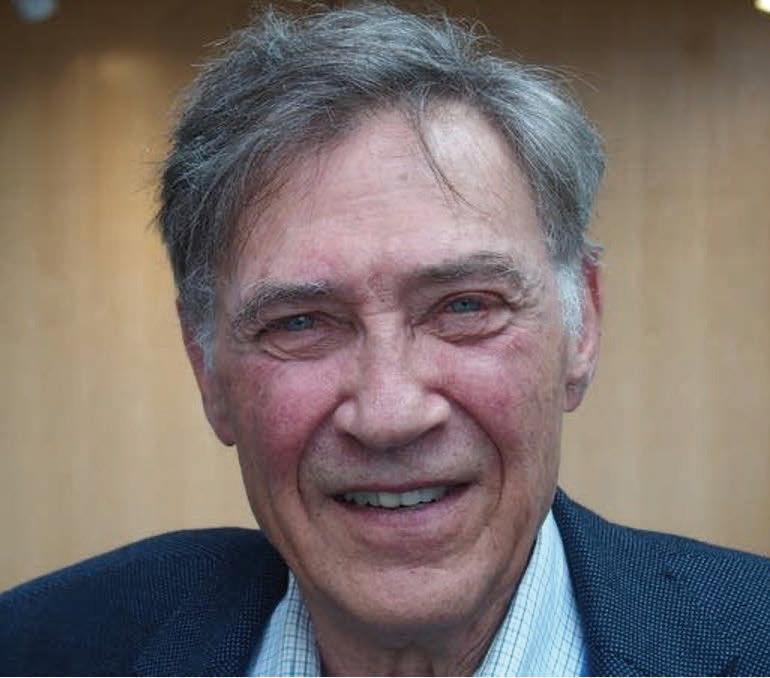
Never-Ending Tales: Antisemitism, Jewish Creative Resistance, and a Literature of Hope
Jack
Zipes, University of Minnesota (Emeritus)
Wednesday, January 21, 2026 • 7:30pm Minnesota JCC Sabes Center 4330 Cedar Lake Rd S., Minneapolis
The “Jewish Question,” hotly debated in nineteenthcentury Europe, asked what non-Jews should do with Jews after their “emancipation.” Should Jews be accepted as full citizens or were they too dangerous? Jewish responses to the Question reveal possibilities that Jews will always be able to survive pernicious misinformation. This lecture will demonstrate how Jewish folk narratives and fantasy writing between 1870 and the 1930s illustrate the dilemmas of Jews who seek to identify themselves by themselves-- yet also want to become fully assimilated under hostile conditions. These tales, largely for a Jewish readership and usually with a self-deprecating humor, stress the necessity of hope— despite worldwide antisemitism—for the survival of Jews and their traditions.
Jack Zipes, Professor Emeritus of German and Comparative Literature at the University of Minnesota, is a founding father of Fairy Tale Studies. He is the author, co-author, or editor of over 70 books, most recently Buried Treasures: The Power of Political Fairy Tales (2023) and Never-Ending Tales: Stories from the Golden Age of Jewish Literature (2025). Zipes also engages in community outreach and founded “Neighborhood Bridges,” which serves over 700 children annually in collaboration with the Children’s Theatre Company of Minneapolis.
Co-sponsors: Center for Austrian Studies, Center for German and European Studies, Center for Holocaust & Genocide Studies, Department of English, Department of German, Nordic, Slavic & Dutch, Jay Phillips Center for Interreligious Studies at the University of St. Thomas
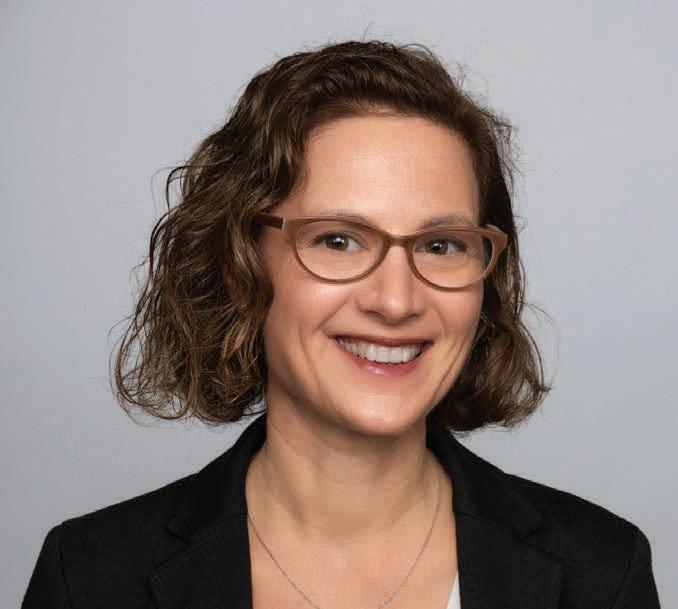
Reconstructing Hadassah Kaplan: A Daughter’s Lessons in the Struggle for Jewish Survival
Sharon Ann Musher, Stockton University
Thursday, February 5, 2026 • 7:30 pm
Minnesota JCC Capp Center 1375 St. Paul Ave., St. Paul
How did the family of Rabbi Mordecai Kaplan— founder of Reconstructionism—influence his thinking about women, Jewish law and ritual, and a Jewish homeland? The father of four rambunctious daughters growing up in the early twentieth century --as women’s rights were expanding--Rabbi Kaplan considered how Judaism might become a vehicle for women’s self-expression and creativity rather than a burden in the modern world. With his eldest daughter, Judith, Kaplan initiated the bat mitzvah, a coming of age for girls. His second daughter, Hadassah, joined a small but influential cohort of American Jewish women who studied, worked, and volunteered in British Mandate Palestine, bringing back what they learned to help shape Zionism in America. What role, then, did gender and family play as Rabbi Kaplan developed his concept of Judaism as a Civilization?
Sharon Ann Musher is Professor of History at Stockton University. She writes and teaches social, cultural, and oral history with a focus on the New Deal, Jewish women, and motherhood. She is the author of Promised Lands: Hadassah Kaplan and the Legacy of American Jewish Women in Early Twentieth Century Palestine (New York University Press, 2025) and Democratic Art: The New Deal’s Influence on American Culture (University of Chicago Press, 2015).
Co-sponsors: Department of History, Department of Sociology, Jay Phillips Center for Interreligious Studies at the University of St. Thomas
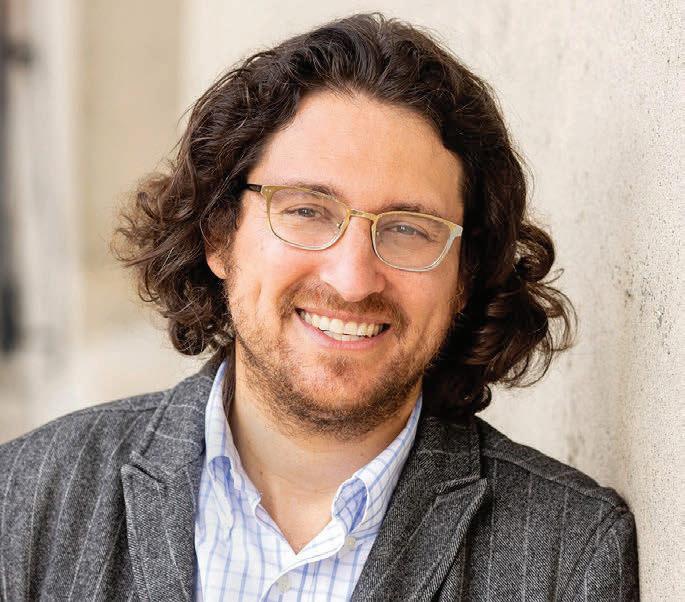
A Jewish Language for All Occasions: Ladino Culture and Its Innovations
Devin Naar, University of Washington
Tuesday, March 17, 2026 • 7:30 pm
Minnesota JCC Sabes Center 4330 Cedar Lake Rd S., Minneapolis
While Yiddish expressions pepper American English and great Yiddish novels are celebrated still today, comparatively little is known about Ladino and the cultural world it shaped from 1492 until World War II in the lands of the former Ottoman Empire. While spoken today by relatively few people in the United States, Europe, and Israel, Ladino (also known as Judezmo and Judeo-Spanish) melded Jewish, Iberian, and eastern Mediterranean cultures to produce a new and vibrant language that permeated every aspect of Jewish life in Greece, Turkey and the Balkans. This lecture delves into the defining features of the Ladino language as a source of Sephardic resilience and adaptation after the expulsion from the Iberian Peninsula through the creation of serious and humorous Ladino folk culture, and the production of key works of Ladino literature, both religious and secular.
Devin E. Naar is an associate professor of History and Jewish Studies and chair of the Sephardic Studies Program at the University of Washington in Seattle. His first book, published by Stanford University Press, Jewish Salonica: Between the Ottoman Empire and Modern Greece won a 2016 National Jewish Book Award and the prize for best book from the Modern Greek Studies Association. His current book project explores the history of Sephardic Jews from the Ottoman Empire in the United States during the twentieth century.
Co-sponsors: Center for Holocaust & Genocide Studies, Department of History, Department of Spanish & Portuguese Studies, Institute for Global Studies, Institute of Linguistics, Jay Phillips Center for Interreligious Studies at the University of St. Thomas
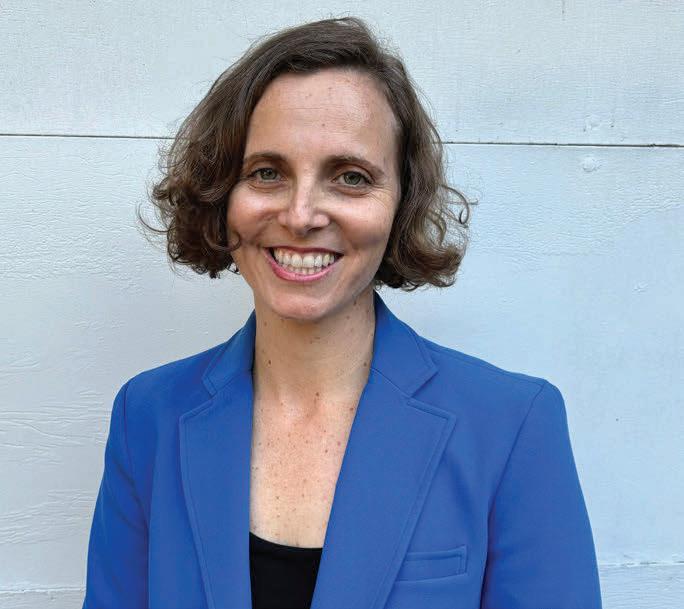
What Did People Talk About in the Warsaw
Ghetto? Yiddish Words of the Holocaust
Hannah Pollin- Galay, University of Massachusetts, Amherst
Wednesday, April 15, 2026 • 7:30 pm Minnesota JCC Sabes Center 4330 Cedar Lake Rd S., Minneapolis
The Holocaust radically altered the way its victims-especially Yiddish speakers--communicated. Finding their prewar language incapable of describing the dehumanization of the Shoah, prisoners added or reinvented thousands of Yiddish words and phrases to describe their new reality. These crass, witty, and sometimes beautiful Yiddish words – Khurbn Yiddish, or “Yiddish of the Holocaust” – puzzled and intrigued Jews who were experiencing the metamorphosis of their own tongue. This talk will focus on the experience of language in the Warsaw ghetto, looking at the new Yiddish words, how people debated their meanings, and why they felt it was so important to remember them.
Hannah Pollin-Galay is Pen Tishkach Chair of Holocaust Studies, Director of the Institute for Holocaust, Genocide and Memory Studies, and Professor of Jewish Studies and History at the University of Massachusetts, Amherst. She is the author of Ecologies of Witnessing: Language, Place and Holocaust Testimony (Yale University Press, 2018) and Occupied Words: What the Holocaust Did to Yiddish (UPenn Press, 2024), which won the 2024 National Jewish Book Award.
Co-sponsors: Center for Austrian Studies, Center for German and European Studies, Center for Holocaust & Genocide Studies, Department of German, Nordic, Slavic & Dutch, Department of History, Institute of Linguistics, Holocaust and Genocide Studies Program at the University of St. Thomas, Jay Phillips Center for Interreligious Studies at the University of St. Thomas
REGISTRATION:
Please scan or visit the links below to register for each lecture you plan to attend. Trouble registering? Call 612-624-4914 or email jwst@umn.edu.





https://z.umn.edu/DevinNaarLecture

https://z.umn.edu/HannahPollinGalayLecture

